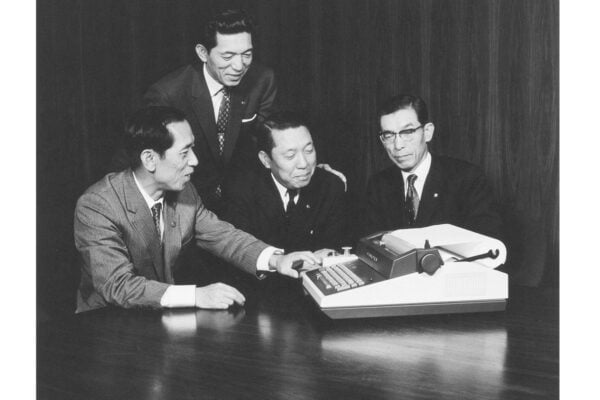An Intro to Emmy Noether: Celebrating Female Mathematicians

Emmy Noether was one of the 20th Century’s most influential mathematicians. Her work was critical in helping Einstein understand some of the issues of general relativity and Noether’s theory underpins much of our understanding of both modern physics and algebra.
However, as a woman working in early 20th Century Germany, she faced many professional hurdles and overcame many barriers to achieve
Early Years
Noether was born in German in 1882. She was born to a prosperous Jewish family. Her father, Max Noether, was a professor of mathematics
Her schooling was typical for girls of her time – including German, English, French, Piano, Arithmetic. She showed surprisingly few signs of early genius – the only early indication of her abilities was a talent for solving logic problems.
After finishing school, she trained to be an English & French teacher. But after qualifying, decided to continue her studies at the University of Erlangen.
Life at University
In 1900, changes in the law meant it was possible for women to audit classes at University, meaning they could attend with the permission of the lecturer, but couldn’t sit any formal exams. Noether became one of only two women among nearly 1000 students. During this time, she transitioned to studying mathematics, earning her PhD in 1908.
Upon completion, she couldn’t get a paid teaching post. While even at this stage she already showed great promise and her PhD work was well regarded, she was barred from teaching at University because of her gender.
Instead, she resorted to teaching under her father’s name and supervised PhDs under other academic’s names. But she wasn’t paid for this work.
Working with Einstein
Despite the barriers she faced to working, Noether was greatly respected by other mathematicians. When a problem emerged with Einstein’s theory of general relativity, she was invited by mathematicians David Hilbert and Felix Klein to the University of Göttingen to help resolve the problem.
The problem with Einstein’s theory was that didn’t follow the physical principle on the conservation of energy, which explains that energy can change forms but cannot be destroyed. Work that Noether did, developing her theory, overcame this problem by demonstrating “that every differentiable symmetry of the action of a physical system has a corresponding conservation law.” It was a hugely significant breakthrough for both Noether and physics.
Later life and leaving Germany
Even after her major breakthrough, Noether still wasn’t immediately offered paid work. After years of working essentially as a volunteer, Noether was finally appointed to a paid position in 1922 at Göttingen, where she was allotted a modest salary. But she was sacked from her job 11 years later because she was Jewish and had to leave Nazi Germany.
Noether, along with many other Jewish academics, found work at Universities in America. However, not long after the move, she was diagnosed with cancer and dies in 1935.
Noether’s Legacy
Noether’s theorem has been described as a corner-stone of subatomic physics.
Einstein wrote on 4th May 1935 that: “In the judgment of the most competent living mathematicians, Fräulein Noether was the most significant creative mathematical genius thus far produced since the higher education of women began.”



